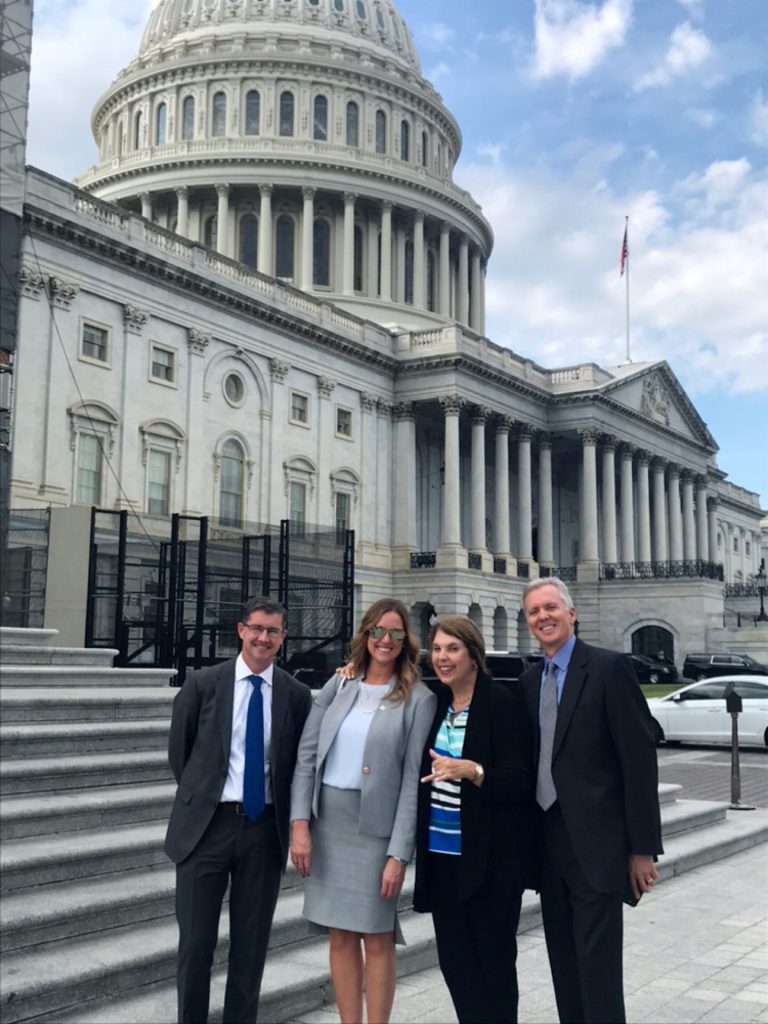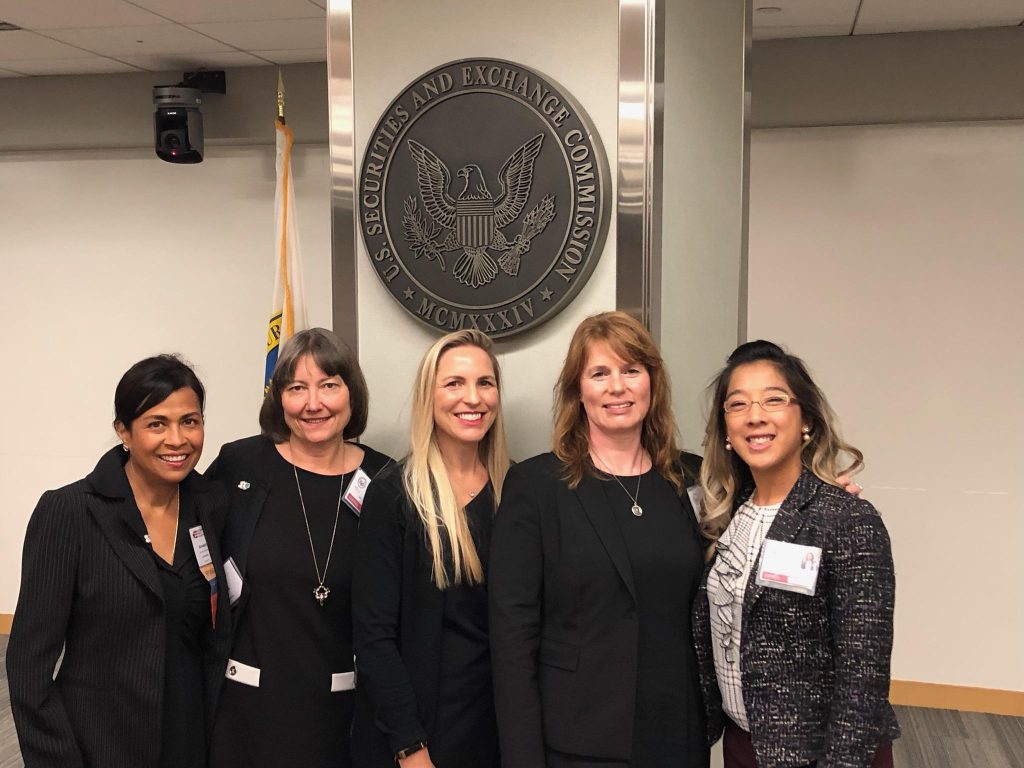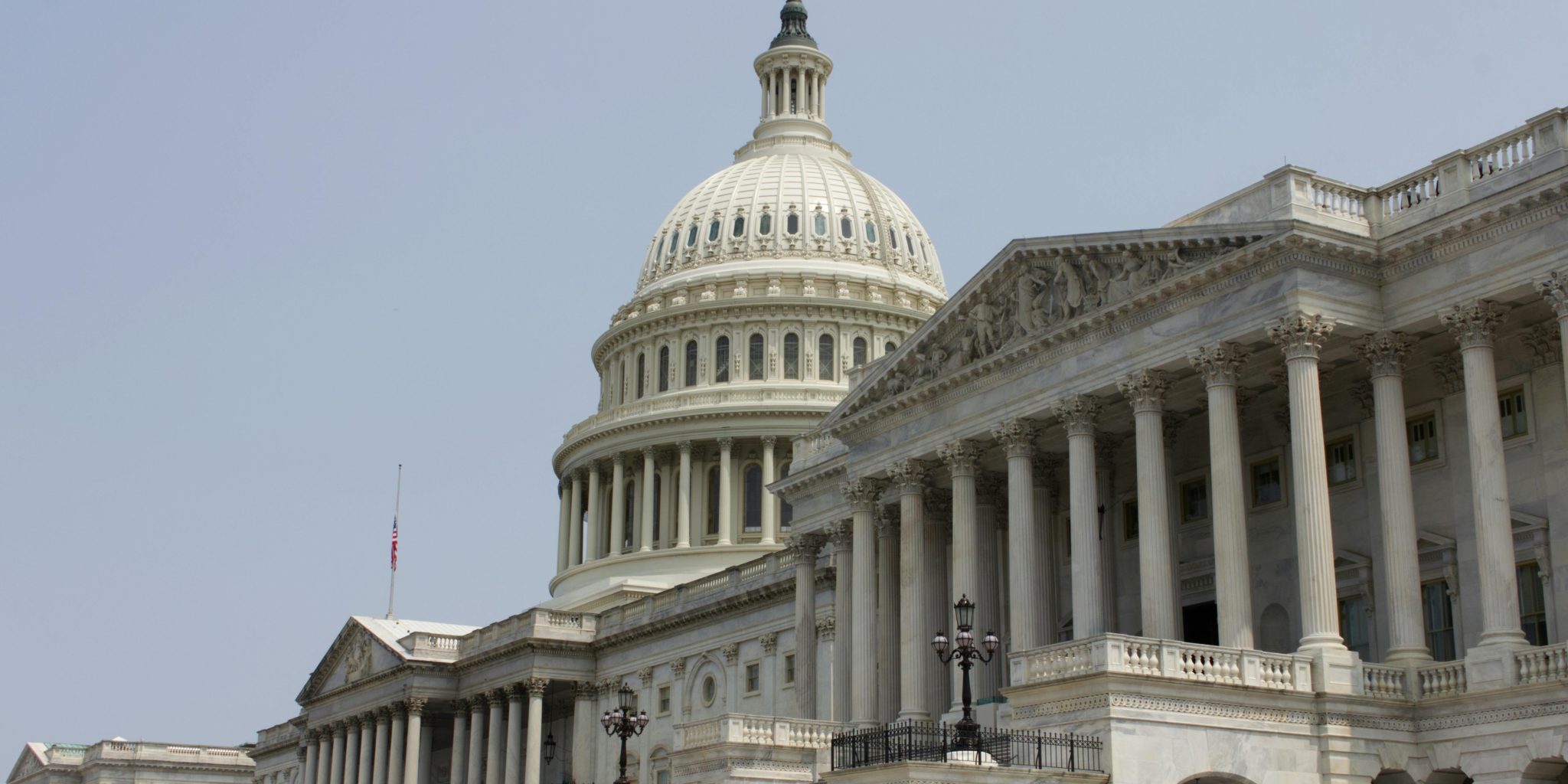One of NIRI’s primary mission areas is advocacy on issues that impact the investor relations profession and public companies more broadly. This important function aggregates the opinion of NIRI’s diverse membership, representing every sector and market cap to bring your voice to the regulatory and legislative tables in Washington, D.C.
This key member benefit is particularly critical in today’s rapidly changing regulatory and legislative atmosphere. NIRI interfaces directly with the SEC and Congress and collaborates with other organizations on public policy impacting issuers, shareholders and investor relations. NIRI’s advocacy efforts harness the collective power of the IR community.
When appropriate, NIRI collaborates with other professional organizations and business groups in these important efforts.
Questions on NIRI’s advocacy efforts?
Please contact Niels Holch.
Legislative and Advocacy Fly-In
Each September, NIRI holds a Legislative and Advocacy Fly-In gathering in Washington. NIRI convenes members to meet with U.S. House and Senate members and staff to raise IR professionals’ regulatory concerns and to share their views on critical legislative issues for public companies.
Advocacy Ambassador
The Advocacy Ambassador initiative helps build greater grass roots support for NIRI’s advocacy priorities. Chapter Advocacy Ambassadors gather input and data from chapters about issues that NIRI may take a position on and help answer members’ questions about regulatory concerns. However, if you are interested in advocacy issues and aren’t in a chapter, volunteer to be an NIRI Advocacy Ambassador.



